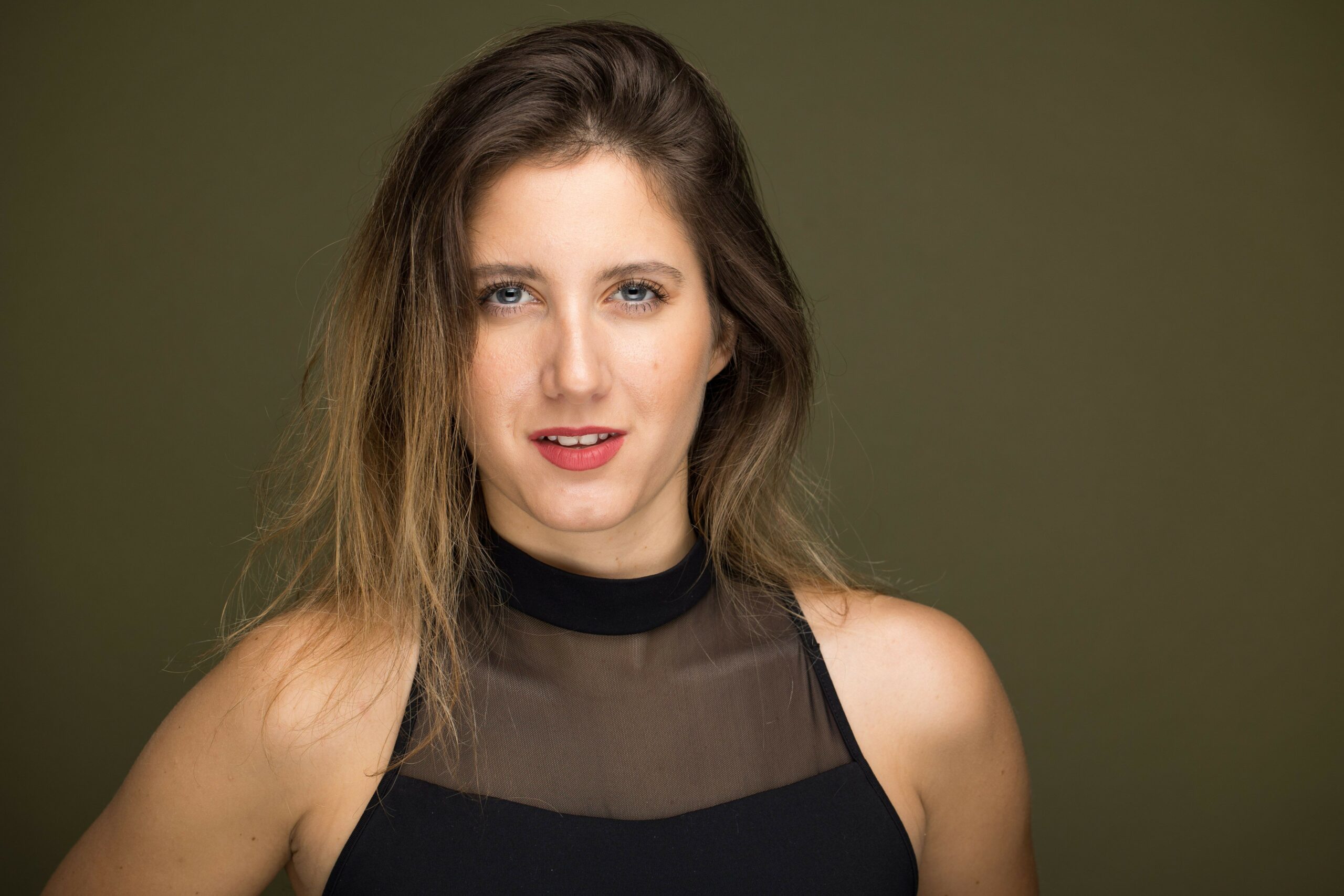We caught up with the brilliant and insightful Lucia Sapienza a few weeks ago and have shared our conversation below.
Hi Lucia, really happy you were able to join us today and we’re looking forward to sharing your story and insights with our readers. Let’s start with the heart of it all – purpose. How did you find your purpose?
Going through a process that many many people have to go through every year and realizing that there is nothing: not a company or little institution that helps them in this process made me think that I had to be the one to do something about. Not doing something about it it would’ve mean actively contribute to lose so many talents and art. The process I’m talking about is the OPT for artist, that year in which artists who graduated in the US have the chance to work in the field of their studies. They only have that one year, and if they want to apply for the O1 visa they only have that year to build the material to get the “artists with extraordinary abilities” visa. They need a stage, they need an audience, they need a safe space where to expose their creativity and make art.
Let’s take a small detour – maybe you can share a bit about yourself before we dive back into some of the other questions we had for you?
I’m an actress, I’m Italian and the first part of my artistic growth started in Italy as a pianist and singer and then at the Gypsy Musical Academy in Turin, with which I also had the chance to participate and get in Italia’s Got Talent’s final. I came to New York to continue my studies as an actress, the American approach to acting is very different from the Italian one and I wanted to experience both approaches. I graduated from the American Academy of Dramatic Arts where I also had the incredible opportunity to work as a PA for the Academy’s Company after my graduation, I started the OPT year: being international we have the chance to stay in the country for one year after the end of your studies and work in the field of your studies before eventually applying for a new Visa, which for the artists it’s usually the O1 Visa. In that year I had the chance to work on different projects in theater, film, and TV, while I was also starting to prepare my material for getting the next Visa. The process to get that Visa is incredibly difficult and exhausting and being international without assurance that you can stay for more than one year makes it even harder to book jobs that will be helpful for the Visa Application. This experience made me realize that I wanted to help people in that moment of their life, by giving them what’s the hardest to find: a stage to express their art, to grow through practical experience on stage, and possibly collect material useful for the Visa application, Somewhere and something that can help them to do the most of their OPT year. International artists have a lot to say and a lot of beauty and art to bring to this country.
New York has a lot of beautiful opportunities and auditions always going on, and sometimes it can feel a little overwhelming, this was my experience, I wanted a space, not only to work as an actress but a place in which I could create my own art, do my research, find my voice, that is Thymos Productions to me.
Thymos Productions will bring on the stage of the Hudson Guild Theater, this coming May, “The Suppliant Maidens” a short play that I adapted from Aeschylus’ Greek tragedy, and that I’m also directing. The cast includes only international artists in their OPT or who just passed through that process, they’re a beautiful all-women cast.
There is so much advice out there about all the different skills and qualities folks need to develop in order to succeed in today’s highly competitive environment and often it can feel overwhelming. So, if we had to break it down to just the three that matter most, which three skills or qualities would you focus on?
I think the most important skills I learned (even though it’s not always easy to use them) and that were the most useful in the rehearsal process but that I try to apply in every aspect of my life are
-Empathy, which is directly connected to listening and general awareness of what’s going on in whichever room you enter.
-Generosity, to everyone but especially to the artist in your rehearsal space.
-Trust in the process, because sometimes I get stuck in what is happening in the moment whether what’s going on is a beautiful or horrible thing and I’m not able to see the bigger picture and wait for the good things to come.
They may sound so abstract but, for example, I do think that without Empathy I would not have the impulse to build a safe space for artists, and without the trust I would stop at the first problem,
Alright so to wrap up, who deserves credit for helping you overcome challenges or build some of the essential skills you’ve needed?
the trust so many people had in me is the only reason why I decided to go through this process. I still don’t know how successful it will be, but the knowledge of having a beautiful and always reliable business partner such as Francesca Pecchi makes me feel confident that this project will grow into a beautiful thing. Knowing that I have so many artists who trust me who are willing to play with me in the rehearsal space and who are willing to bring their art into this project is another very helpful thing.
One thing you learn in your getting the Visa process is how important are the people around you and their support: I’m very grateful for what I got to do and create and the merit is shared with all of them.
Contact Info:
- Website: actressluciasapienza.com thymosproductions.com
- Instagram: lucia.sapienza thymos.productions
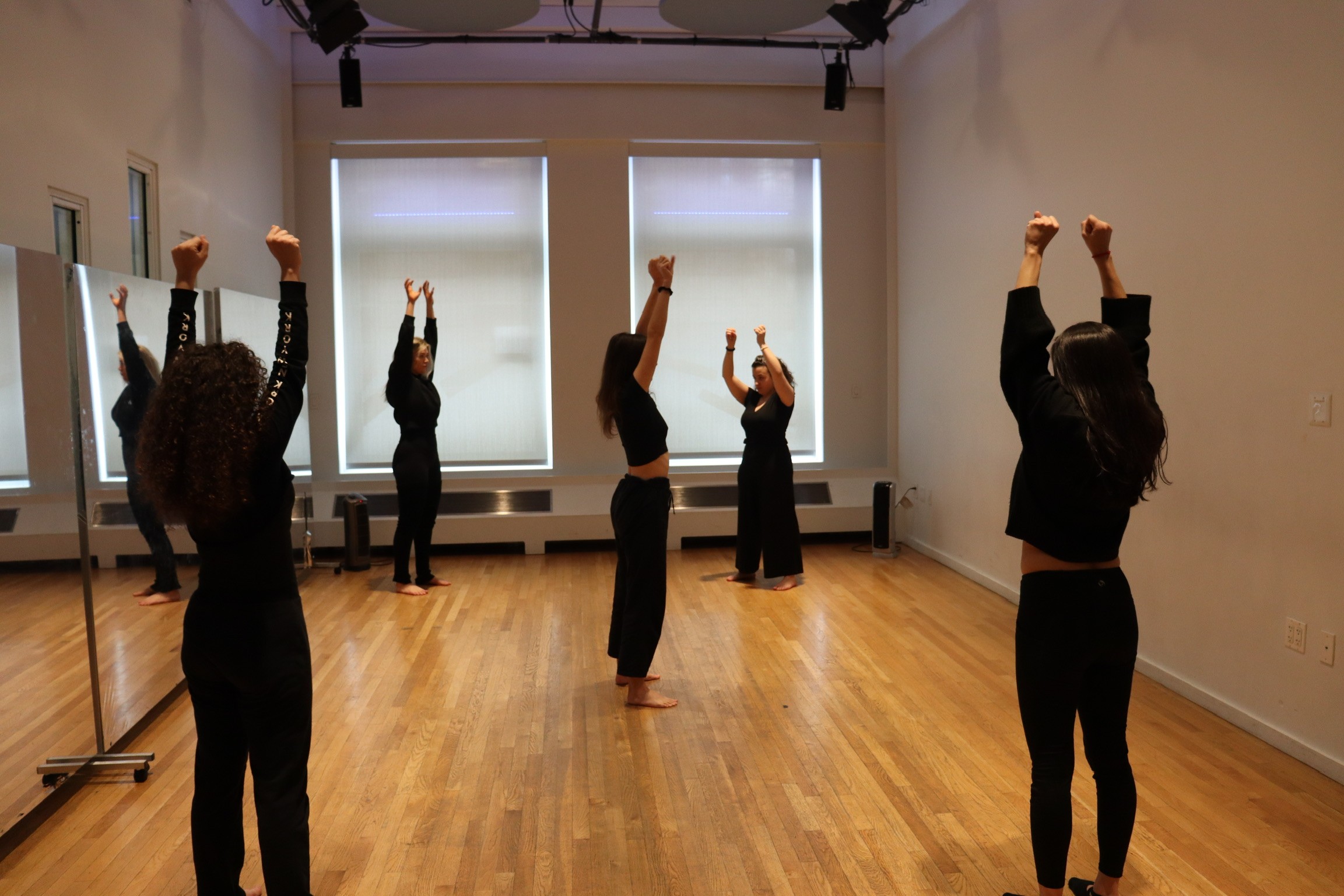
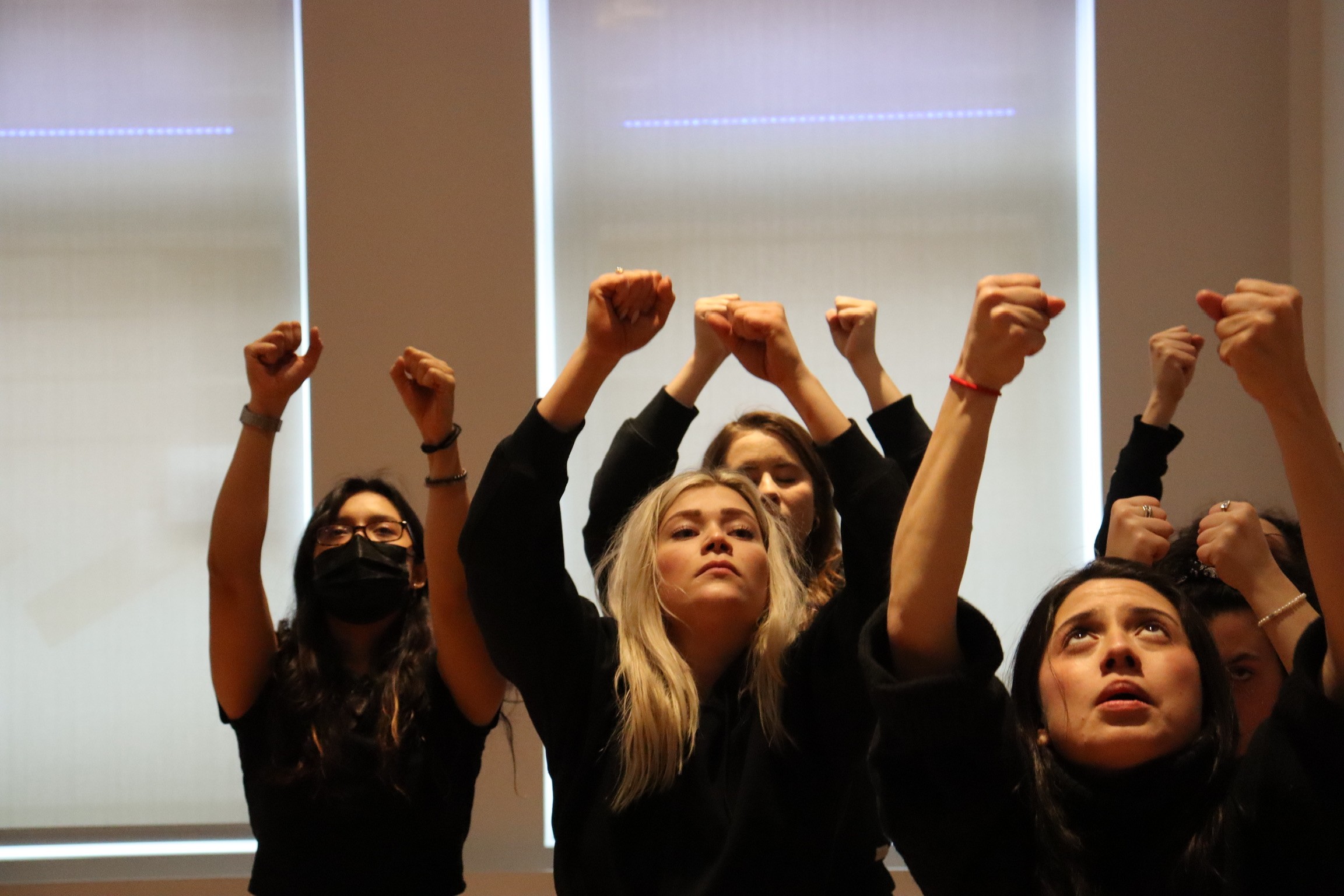
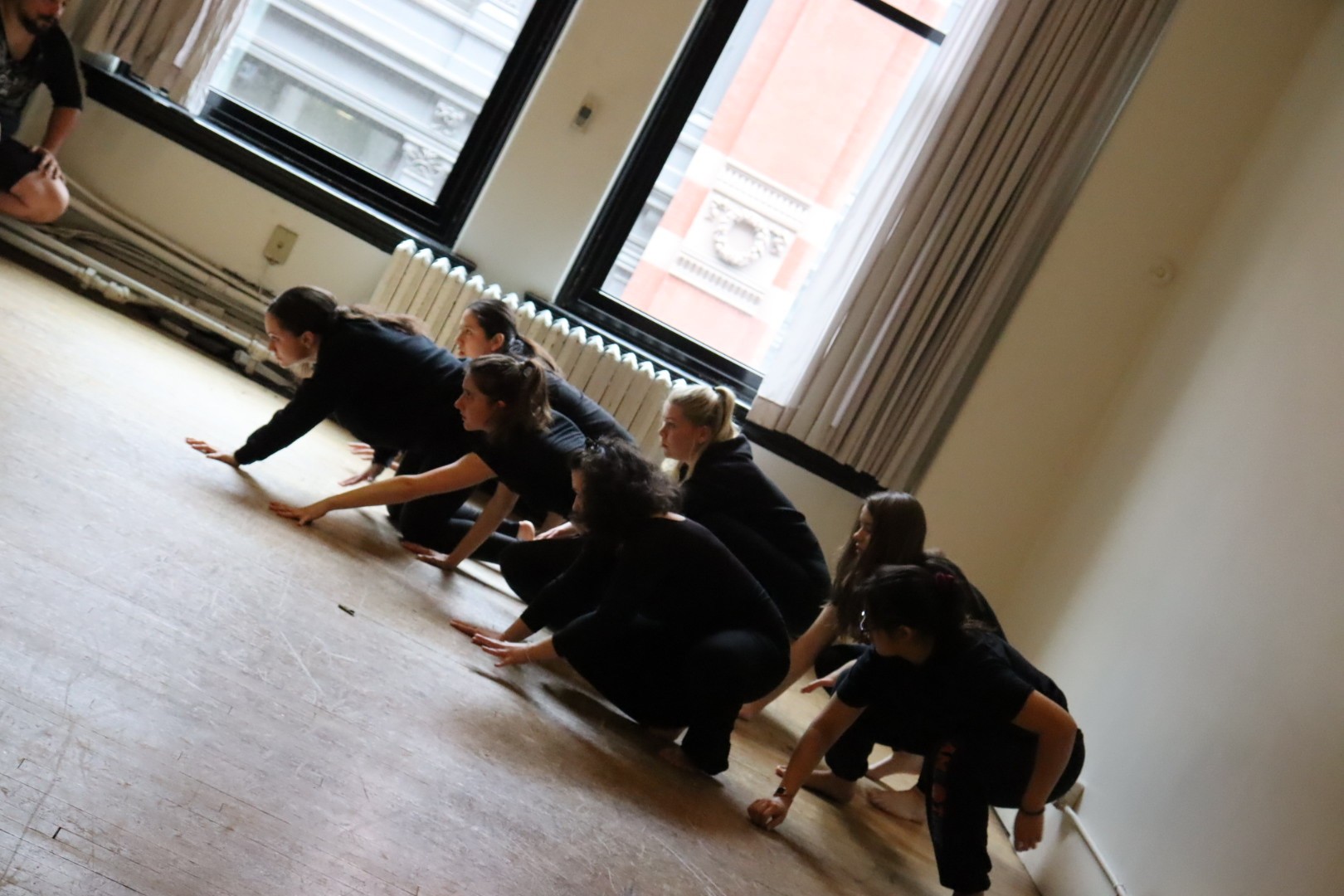
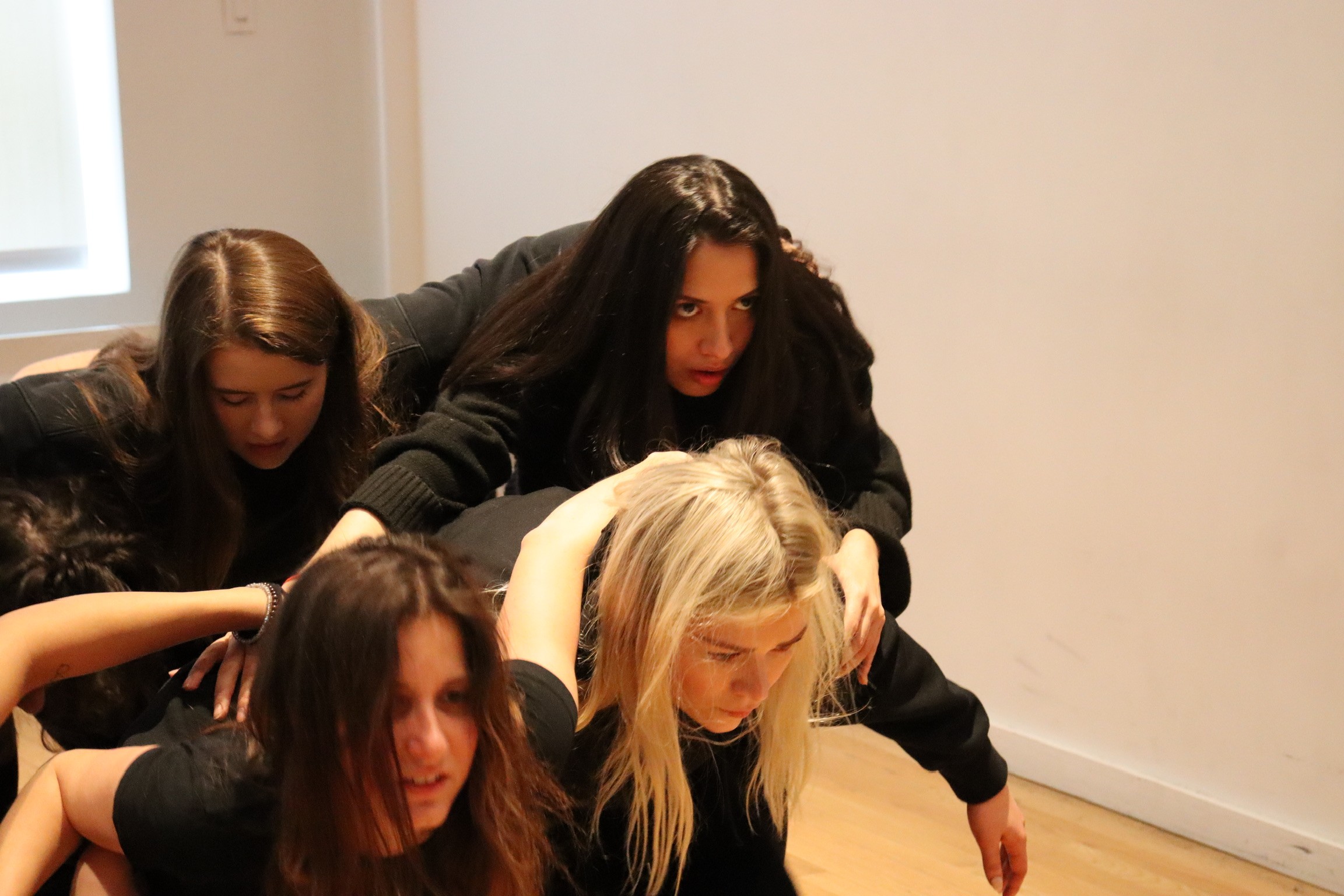
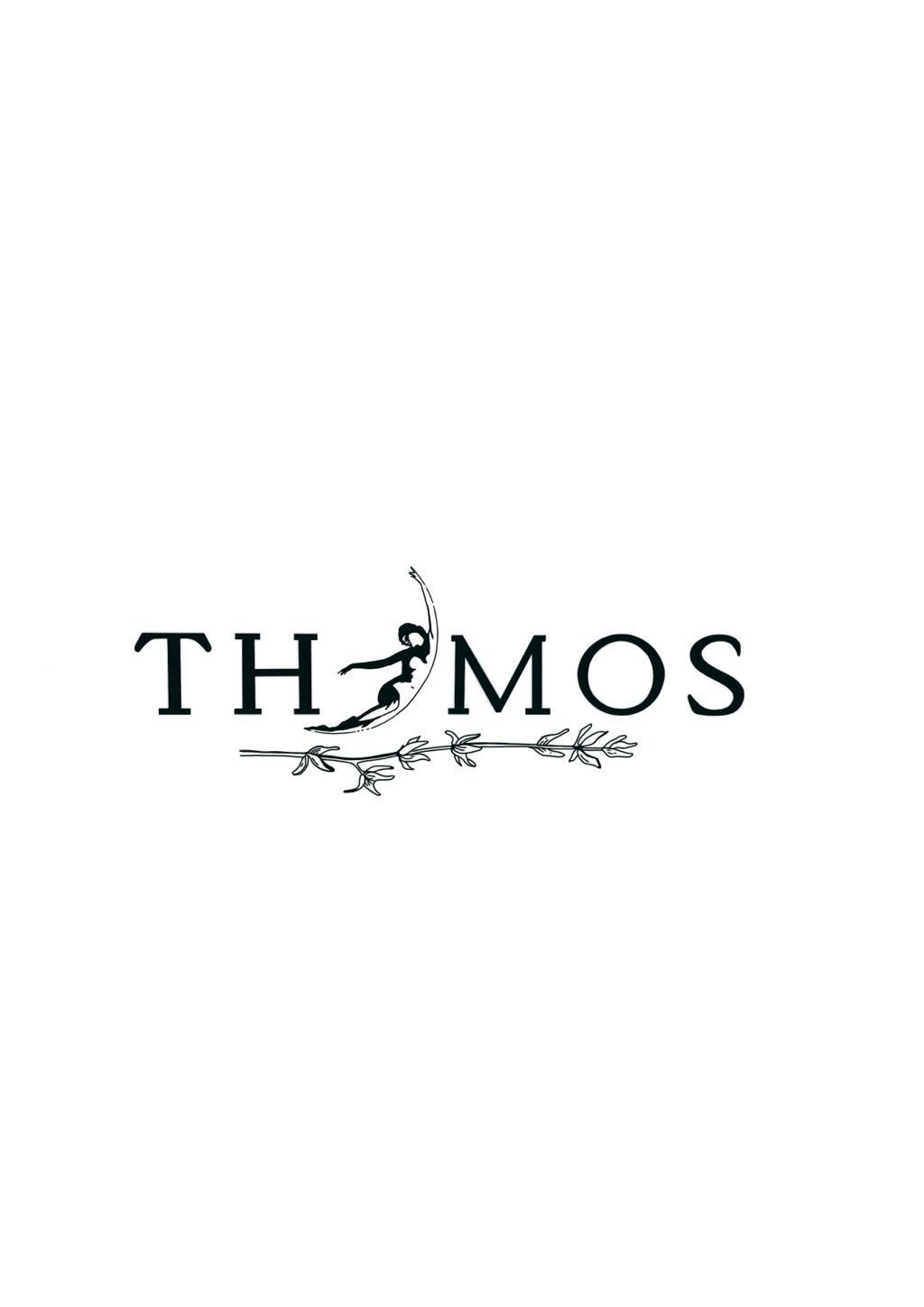
Image Credits
Paul the.thief.of.time

